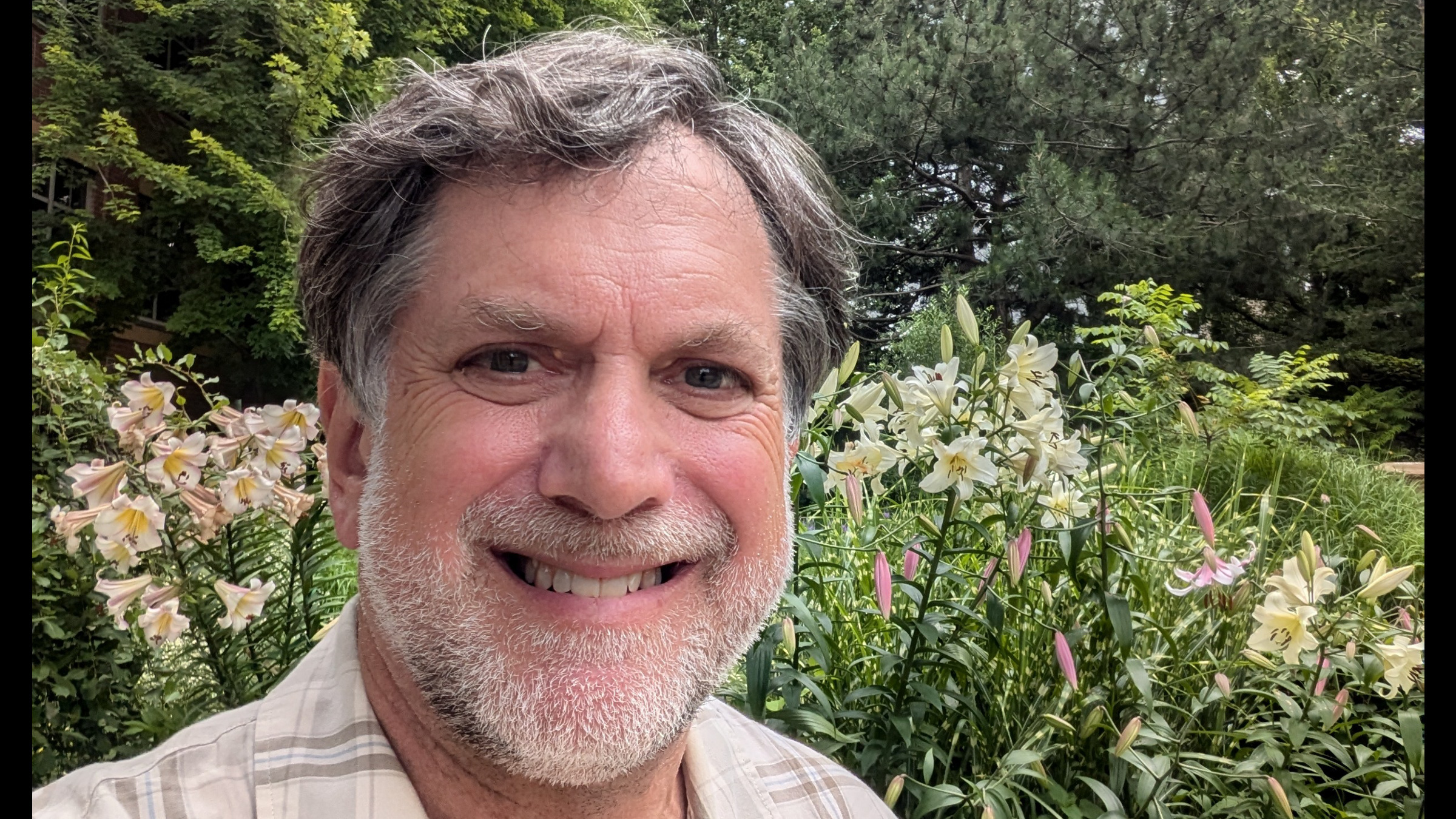The ACM Fellows Program was established by Council in 1993 to recognize and honor outstanding ACM members for their achievements in computer science and information technology and for their significant contributions to the mission of the ACM. The ACM Fellows serve as distinguished colleagues to whom the ACM and its members look for guidance and leadership as the world of information technology evolves.
The ACM Council endorsed the establishment of a Fellows Program and provided guidance to the ACM Fellows Committee, taking the view that the program represents a concrete benefit to which any ACM Member might aspire, and provides an important source of role models for existing and prospective ACM Members. The program is managed by an ACM Fellows Committee as part of the general ACM Awards program administered by Calvin C. Gotlieb, Awards Committee Chair, and James Jay Horning, Awards Committee Vice-Chair.
The men and women honored as ACM Fellows have made critical contributions toward and continue to exhibit extraordinary leadership in the development of the Information Age and will be inducted at the ACM Awards Banquet on Saturday, June 7, 2003, in conjunction with the Federated Computing Research Conference in San Diego, California.
These 26 new inductees bring the total number of ACM Fellows to 468 (see www.acm.org/ awards/fellows/ for a listing of the previously inducted ACM Fellows).
Their works span all horizons in computer science and information technology: from the theoretical realms of numerical analysis, combinatorial mathematics and algorithmic complexity analysis; through provinces of computer architecture, integrated circuits and firmware spanning personal computer to supercomputer design: into the limitless world of software and networking that makes computer systems work and produces solutions and results that are useful—and fun—for people everywhere.
Their technical papers, books, university courses, computing programs and hardware for the emerging computer/communications amalgam reflect the powers of their vision and their ability to inspire colleagues and students to drive the field forward. The members of the ACM are all participants in building the runways, launching pads, and vehicles of the global information infrastructure.
ACM Fellows
Pankaj K. Agarwal Duke University
Vishwani D. Agrawal Rutgers University
Ozalp Babaoglu Universitá di Bologna
Jon E. Crowcroft University of Cambridge
David E. Culler University of CaliforniaBerkeley, Intel Research
William J. Dally Stanford University
Thomas G. Dietterich Oregon State University
Susan J. Eggers University of Washington
Harold N. Gabow University of ColoradoBoulder
Ambuj Goyal IBM Software Group
Adolfo Guzman-Arenas Instituto Politècnico Nacional, Mexico
Joseph Y. Halpern Cornell University
Wen-mei W. Hwu University of Illinois at UrbanaChampaign
Neil Immerman University of MassachusettsAmherst
Sidney Karin University of CaliforniaSan Diego
Wendy A. Kellogg IBM T.J. Watson Research Center
David B. Lomet Microsoft Research
Gary Miller Carnegie Mellon University
C. Mohan IBM Almaden Research Center
Jeffrey F. Naughton University of WisconsinMadison
B. Ramakrishna Rau Hewlett-Packard Laboratories
David H. Salesin Microsoft Research, University of Washington
Mahadev Satyanarayanan Carnegie Mellon University
Mateo Valero Universitat Politècnica de Catalunya, Spain
George Varghese University of CaliforniaSan Diego
John Wilkes Hewlett-Packard Laboratories



Join the Discussion (0)
Become a Member or Sign In to Post a Comment